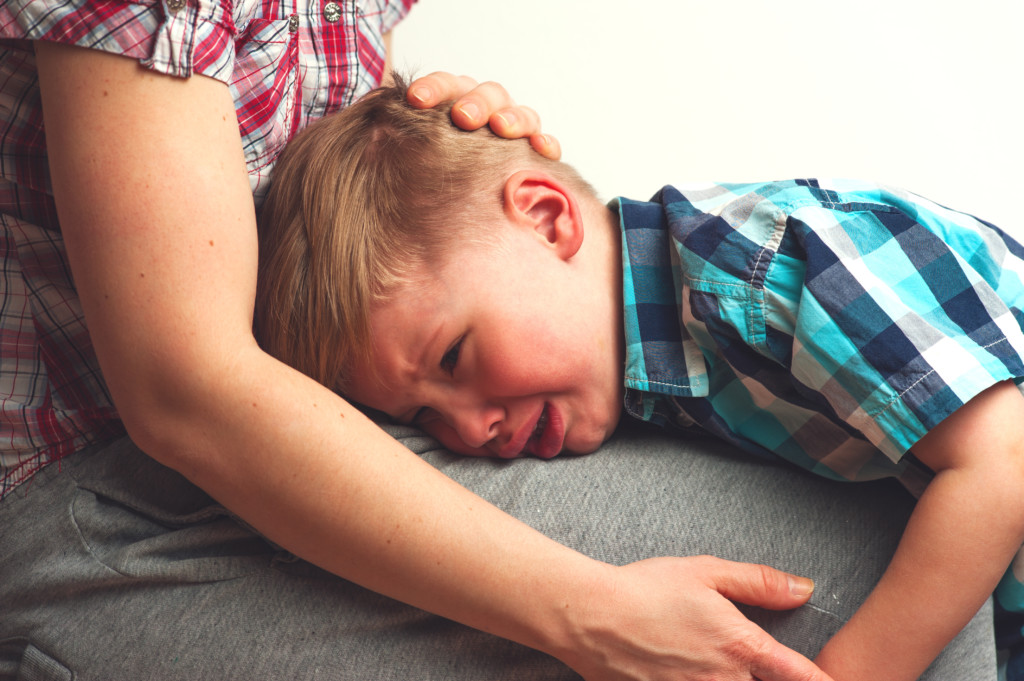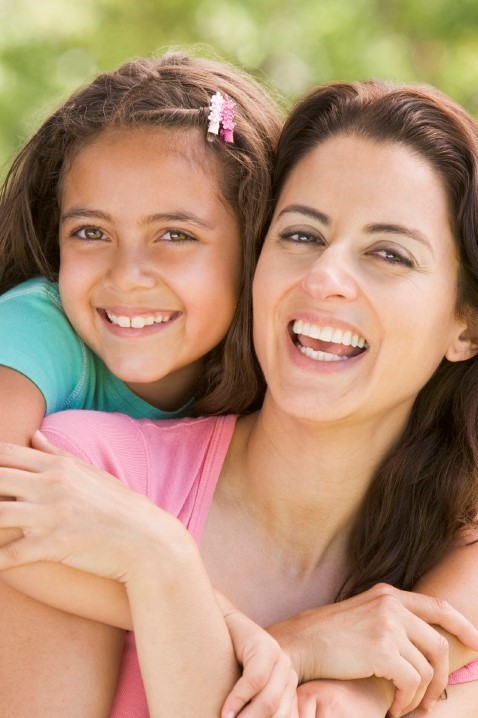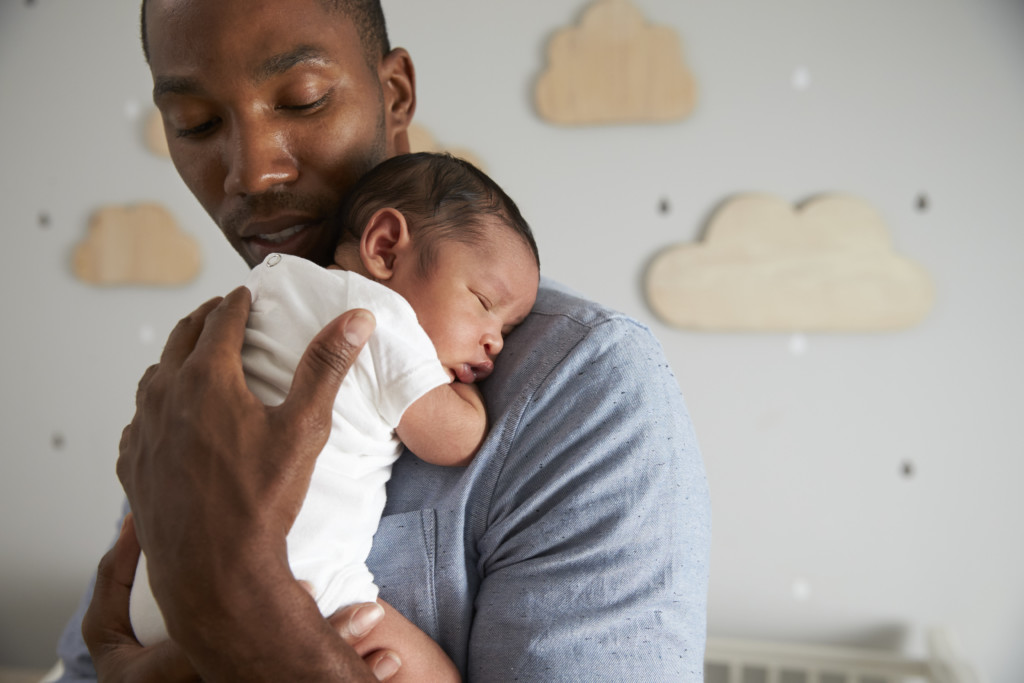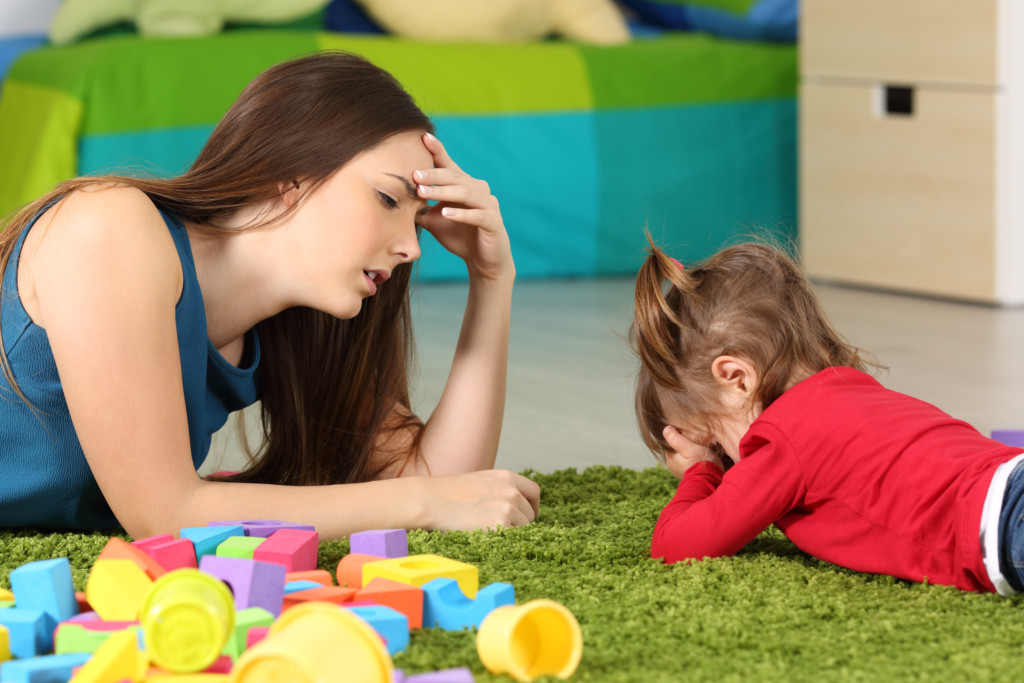 How were you responded to when you cried as a baby and young child?
How were you responded to when you cried as a baby and young child?
The truth is that most parents weren’t lovingly listened to and supported when upset as children. Parents have tended to see the crying as the problem itself rather than the child’s way of communicating their valid needs. The majority of parents were themselves pressured to “toughen up” as children. Perhaps they felt their parent’s anxiety, anger or embarrassment when they, as a child, showed their big feelings. If unresolved, these parents can find their child’s strong expression of emotion will trigger uncomfortable unresolved feelings.
A study of new mothers unable to quiet their baby
According to Dr. Aletha Solter in her book, “Tears and Tantrums”: “Children’s tears and tantrums elicit strong feelings in adults. A survey in the US asked new mothers to describe their feelings when they were unable to quiet their crying infants. The mothers mentioned feeling exasperated, afraid, anxious, unloving, resentful and confused. Many had low self-confidence. Some even felt extreme hostility toward their infants.
From the study:
“When their baby cries, mothers feel exasperated, afraid, anxious, unloving, resentful and confused.”
Similar results were found in a survey of mothers in England and Australia. In this study, 80 % of mothers whose babies cried extensively mentioned feeling depressed, and 50% of them felt a strong urge to hit their babies.“Not surprisingly, crying has been linked to child abuse. In a survey of battered infants (in the USA), 80% of the parents reported that excessive crying by their infant had triggered the abuse .”
If I sympathise with my child, am I encouraging them to be too emotional?
Many parents feel torn between being there for their child when they are clearly very upset, but have another conflicting voice that urges them to just make their child “stop making a fuss!” There is often the urge to respond in a similar way to how their own parent responded to them. The same words their own parents used can intrude on their thinking, words such as “don’t be such a cry baby” or “I’ll give you something to cry about”.
Becoming aware of our own childhood patterns that become triggered is the key!
It’s so empowering when parents become aware of this process of triggering when they start to recognise their feelings as originating from their childhood. When a parent honestly explores their reactions to their baby, young child or even teenager’s emotional outbursts, they become aware of the emotions that they bring to the situation when their child begins to get upset. With this awareness, they begin to be able to choose to respond (as opposed to reacting) differently from their own parents.
Were you rejected or shamed for crying? Parents often reject or shame their child for crying then regret it.
Many parents share that they often feel embarrassed when their child cries. It’s helpful for parents when they become aware that these feelings are often evoked because they still carry inside unresolved feelings relating to being rejected or shamed for crying when they were young. This awareness can help a parent move past their embarrassment and gain a broader and much more positive understanding of the healing power of their child’s expression of the big feelings they carry in their young bodies.
Babies and children can heal through their cries.
As long as someone who loves them can care for them, accept their expression and give them messages of holding and support, children literally can offload stress, frustrations, shock and even trauma from their nervous system through releasing cries.
The healing power of crying and emotional expression.
The understanding of the therapeutic and healing value of adult’s attending therapy, counseling and other feeling focused therapies is now widely understood and accepted in our society in general. I believe that the next evolutionary step is to apply the understanding of the value of emotional validation and expression to our children. Teachers and caregivers can also benefit from this understanding. Our children are in desperate need of this understanding becoming integrated into our society in general.
Good quality listening brings healing and resolution.
Like the adult in counselling, when a child is given loving attention and listening when they are upset, they can much more easily move through their frustrations, grief, disappointments, anger, rage and literally move on. It’s only when the emotional charge relating to difficult experiences is released, can children, or any of us, really glean the gems of insight and learning from the situation and move forward stronger and wiser.
We literally release stress hormones through our tears.
In Aletha Solter’s book “Tears and Tantrums”, she says; “Researchers have measured physiological changes in adults following therapy sessions in which they cried hard. The results showed lower blood pressure and body temperature, slower heart rate, and more synchronised brain-wave patterns.
This state of physiological relaxation was greater following crying than following physical exercise for an equivalent period of time! Biochemical studies have discovered greater concentrations of stress hormones in emotionally induced tears than in irritant-induced tears, leading to the theory that one purpose of crying is to rid the body of excessive amounts of these hormones.”
Peaceful communication skills reduces aggression towards children.
There is still a shocking prevalence of child abuse in our society. This more empathic and supportive approach to children’s emotional expression greatly improves the parent-child bond and reduces child abuse. Parents need effective information, reassurance, and constructive ways of handling their own and their children’s emotions without resorting to violent communication or actions. The big difference is the acceptance of the child’s feelings.
More peaceful communication skills prevents problems snowballing
Adopting this depth of listening and holding space for the child allows a parent to better respond to behaviour issues with their child. This approach generally empowers parents and teachers with more confidence, clarity and empathy. As well as being more effective in moments of upset or defiance, it effectively preventing serious problems from building in the first place.
As the model of parenting without punishment becomes more widely accepted and practised, this will contribute greatly to a reduction in child abuse and to a more peaceful society in general. Every response to a child is modelling. If we respond with empathy, support and acceptance, our children will grow up in a culture where peaceful conflict resolution and compassion for others is their norm.
Supporting cries builds emotional resilience.
The reality is that children can bounce back to balance no matter what life throws at them if they are allowed and supported to heal in the most natural way, through their releasing cries. When children are discouraged from crying, they lose the freedom to cry when they need to cry, to seek support and empathy when they feel scared, hurt or insecure.
Allowing children to cry, allows a child to stay more in balance more of the time. The more a child is allowed and supported to cry, the less the child will need to cry, the less stress they will carry in their nervous system and their muscles. The more a child is allowed to cry when they need to cry, the less stressed, anxious, hyperactive or withdrawn the child will be. Supporting cries fosters strength, emotional resilience and generally increased wellbeing in a child.
You might also like to read:
What should I do when my baby cries?
“children and babies can heal through their cries”
Written by Genevieve Simperingham
First published in The Natural Parent Magazine.









Is it just as damaging to stop a child’s crying with food than yelling or stopping them. I feel like you’re not actually resolving the child’s issue just distracting him with food. What about if he doesn’t want to watch the tv program that is on, and he cries to get his way. I want to still comfort my child I just don’t want to comfort feed or let him think it’s okay to cry for things.
Hi J yep you’re got it! We want to avoid distracting them away from feeling and expressing their upsets (as much as possible depending on the situation and our capacity), and yes using food as the distraction brings it’s own set of unhealthy habits. The child who is consistently distracted away from expressing their upset with the lure of yummy food is likely to develop strong cravings for food and rely heavily on food to help themselves shift from upset back to feeling happy. This isn’t healthy managing of emotions as the heightened emotions don’t get released from the system and the child (or then adult) is likely to still carry those emotions which leads to being more easily upset or reactive at the next challenge. What he needs when he “cries to get his way” is empathy and emotional support. He’s experiencing perhaps disappointment or sadness or frustration or anger or all of the above, which are difficult for him to cope with, but as you listen and empathise he discovers that it’s ok to feel those feelings and it’s ok to express them and that those feelings do indeed pass. The better we can hold steady and be present when they’re upset, the better they become at returning back to a calmer state from being upset.
Don’t just yell or cane them as that might leave a negative impact on your kids. Listen to them and know their needs. There’s nothing such as bad children; only bad behaviour!
https://tinytwigorganic.com/
I agree with this all and all books I have read how to respond to children needs. I’m bloody trying. I have 6 years old and almost 3 years old daughters. Absolutely wonderful kids. Well for the last 2 years I have been trying to understand and cope with my youngest constant crying for everything, bloody everything. “Water bottle is empty, daddy took bottle to fill, bunny is on the floor, someone looked at her, she wanted to pee in the toilet but it’s not coming etc.” And it’s not terrible twos. It’s been like that since she’s born. I been cuddling, talking, expressing feelings etc. My oldest have to be put aside and told just to do whatever she can just not to make youngest scream. I feel so sorry for her. I lost absolute shit this morning, I feel bad. But what do I do? When does it stop?
Oh gosh Mom I hear you! Parenting tests every fibre of our being! Great that you’re reading these articles, I hope they help you maintain more hope and strength to keep on keeping on.
I don’t know if this is the right or wrong way of going about it but just let her do it then when she’s calm adresse the problem and show her a solution or explain in simple words depending on the age. Eventually it’s showing them that there is a solution to mostly anything and too strong emotions for everything isn’t really always necessary.
Oana, so great that you’re on here and reading these articles. Oh gosh yes there is so much to understand and learn, and it can be hard to know which approach is the best. But do read the article again as I’m cofident it will help you identify that when your child is upset, that it’s your own unresolved emotional pain that is being triggered. Your lack of response to your child will have been learned through your family of origin. It’s a lot of work to learn to keep our hearts open to our child and ourselves, but yes your child will need for you to respond in a warm and supportive way when they’re upset. Helping them solve the problem ideally needs to be addressed once they feel your loving support. Not responding to an upset child will result in the child experiencing more and more distress and will definitely lead to more unbalanced behaviours and hence more upsets. Connection is always what’s needed. This little video shows the stages not only children, but even adults, go through when they can’t gain that warm attuned responsiveness that they need; https://www.youtube.com/watch?v=IeHcsFqK7So
So I just become numb, like I won’t do anything I’ll just stay there and watch sometimes hug but when they want to be picked up especially now towards the end of my pregnancy I just don’t do it. I wait for them to finish once they are calm I show them how to avoid getting hurt next time or to prevent the possibility. But if there is someone around she runs to the other person to be picked up or other adults intervene and pick her up and that triggers the g out of me of course I don’t show it or do anything just go about my way. But then later I feel like should I have to constantly pick her up at everything ? Honestly it isn’t my child’s cry that bothers me but the people around me.
Oana, sounds like you might be getting triggered into the fight/ flight/ freeze stress response. It takes a lot of work to become truly present with our child, because it’s a journey of becoming more present with ourselves. As children we protect ourselves from overwhelming distress, be it sadness, frustration or anger, by disconnecting emotionally. Then this becomes part of our way of operating in relationships. It’s a big step in the right direction that you’re identifying and sharing that you go into this freeze response. Awareness is the biggest part of the journey of change. Then you can get really clear on how you WANT to be with your child; more present, more connected, more confident, more responsive and get very excited about how much better your daily life with your children will be from this state of being. Your child will give you endless opportunities to be present, and will reflect your lack of presence by expressing their upset. Be patient with yourself, become aware that you’ve got into the default stress response again and work to connect with yourself with compassion “oh wow I spaced out again, this is so hard”. Then once your heart is open again, go to your child and invite some warm connection, a smile, do something fun together, show interest in their world and enjoy the beautiful moment of connection that happens next.
[…] this exceedingly difficult if their feelings were not tuned in to with compassion in childhood. When childhood emotions were not taken seriously or empathised with, that person is trained to minim…. Learning to change these patterns and give ourselves more compassion than we received in childhood […]
[…] + […]